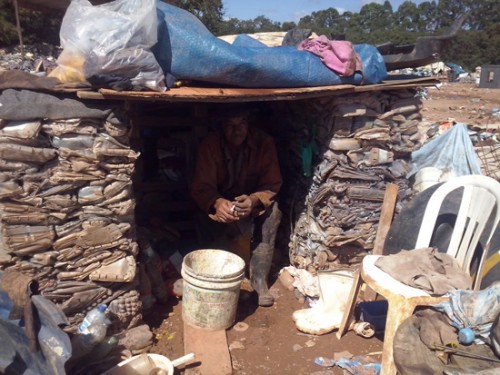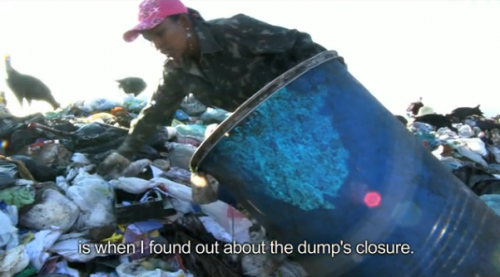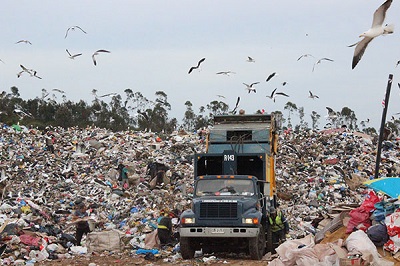
Category: Landfills


Waste pickers in the Dominican Republic warn of a landfill’s dangers
In October, the Association of Waste Pickers of Eco Parque Rafey landfill in the Dominican Republic warned about the dangers of a landfill called the Vertedero Municipal de Santiago de los Caballeros. Because of poor management, the landfill frequently catches on fire.

“As of today, the waste pickers of Rio de Janeiro will go hungry”
In the first week of September, 246 waste pickers of the Gericinó dumpsite in Bangú, a peripheral neighborhood in the Rio de Janeiro municipality, were facing the possibility of being suddenly out of work. The workers found out that the city, which has been in the process of closing the dumpsite for many months, was going to hand management over to a private company within two weeks time and that the dumpsite would be off limits.

Red Lacre representatives show solidarity with Chilean landfill workers
On August 31, as part of the Red Lacre meeting held in Chile, 15 delegates visited waste pickers in the Los Molles landfill in the city of Valparaíso, only a few days before its closure and the opening of a new one. The purpose of the visit was to show support and give motivation for local organizing and reintegration at the new landfill. Los Molles has been open for more than 30 years.

REDNICA: In Defense of Our Livelihood! Waste pickers fighting eviction from Managua landfill
Compañeros/as of the Latin American and Caribbean Network of Waste Pickers (Red Lacre), in this very moment we are living through one of the biggest violations of our right to work as waste pickers, as the municipal landfill company Chureca de Managua has displaced us from our workplace which for decades provided us with solid waste, our source of livelihood.
A letter from Senegalese waste pickers: 70 waste pickers lose their belongings in a landfill fire
The village of Gouy-Gui burned Thursday, January 19 and almost 70 waste pickers have lost their possessions. Our partners came to us and even the Minister of Public Health came to see the site of the fire.

Tshwane: power through networking
In the 1990s the Tshwane municipality in South Africa engaged in a number of failed projects with waste pickers. These included a project that hired waste pickers to make crafts out of recyclable material. It also included at a private company with interests in waste management helping waste pickers to set up cooperatives and run buy-back centres for the cooperatives. However the positive that came out of these failures was that waste pickers formed committees on dumps and this provided the base for independent organizing. But what lessons and openings for organisation emerged in this period?

